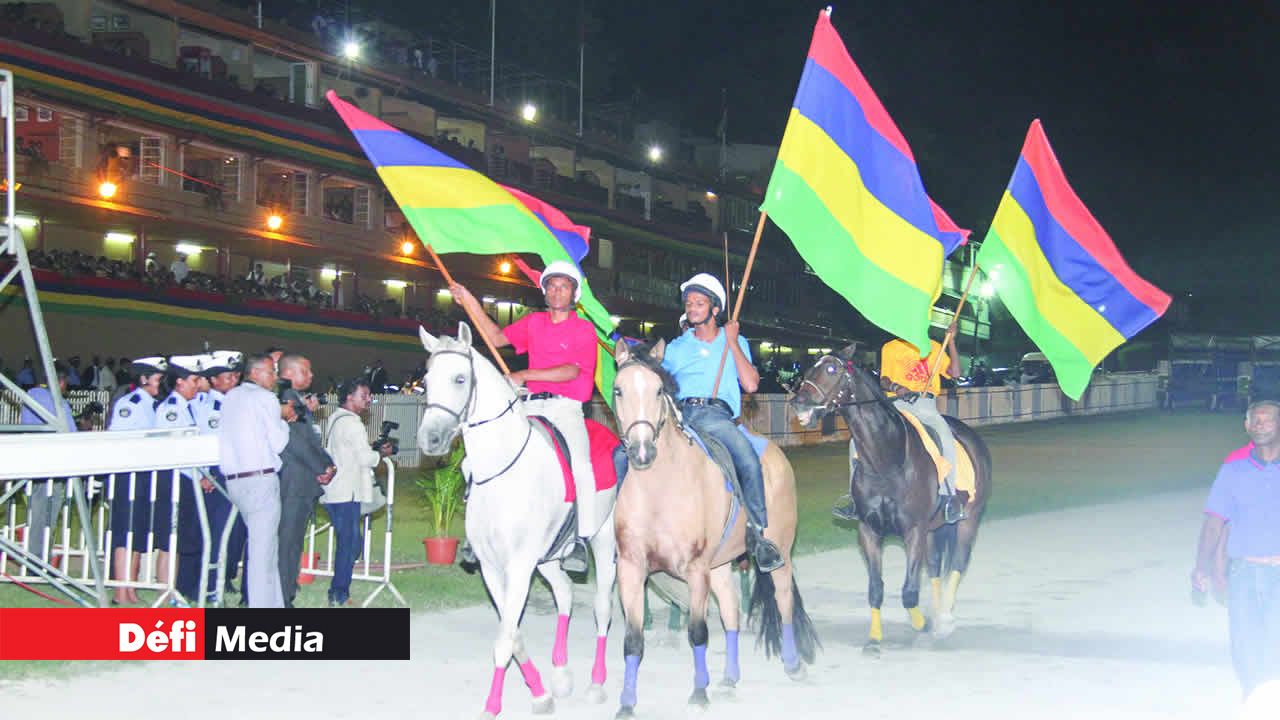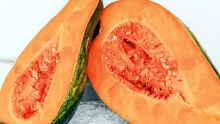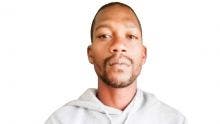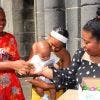
The 12th of March 1968 was a landmark in our history. It was the day when our parents had shaken off the shackles of British colonial yoke. We were a group of friends at Champs de Mars full of hope and optimism in the bloom of our youth celebrating the first flag hoisting ceremony. Mauritius had a tryst with destiny on that day.
Publicité
It was with a deep sense of joy, patriotism and pride that we witnessed the quadricolour flag hoisted to the mast and to hear our national anthem sung in a chorus. SSR, the Father of the Nation and Sir John Shaw Rennie, the last Governor, were the privileged actors at the flagstaff at this historic moment marking this period of transition. A new era has dawned for us.
It marked the end of the British Raj in Mauritius and the birth of our nation. In those days, our politicians were the cynosures of all eyes. They were the harbingers of freedom and messiahs of hope. Despite the ups and downs since then, our politicians, those freedom fighters, as a class have achieved a colossal task that they can be proud of.

They have liberated the country from shameless colonial domination and sheer exploitation. They were the crusaders of democracy and they have initiated and spurred development. They have ushered our country into modernity by unleashing the latent energies and by engineering social mobility. They have helped to tap large and growing pools of trained manpower, which is the envy of many African states.
Are we worthy to be called the descendants of those who have braved the dark forces of evil and who have sacrificed their lives for their country? A priceless legacy was bequeathed to us. SSR will go down in history as the architect and as the Father of the Nation.
The struggle for independence was an epic one against a background of intoxicating campaign of doubts, fear and blatant lies distilled by the dark reactionary forces. The country was compartmentalized in terms of ethnicity. Against this were grafted communal riots that erupted first at Trois Boutiques with the death of an innocent cyclist, Robert Brousse. It flared into Port Louis and across the country.
The inflammatory campaign of All Mauritius Hindu Congress of Premchand Dabee and Varma to combat PMSD added fuel to the fire. The country was on its knees. British soldiers, the King Shropshire Light Infantry, had to be dispatched from Singapore to restore law and order.
Port Louis was under curfew. Bleak days lay ahead of us. We were at a loss. We were a generation of swinging sixties having a bright hope for our country. We were on the threshold of employment. But our future was bleak. Many of my classmates abandoned their studies and went for a nursing career in Great Britain.
V. S. Naipaul wrote scornfully in one of his books, “The Overcrowded Baracoon” about the miseries of the people. Life was very difficult in those days. Prophets of doom and gloom including eminent economists forecast our financial collapse after Independence.
Famine, poverty and unemployment would stare at us in the face. Our economy in those days was based on a monocrop and we relied entirely on 10, Downing Street, for our survival. Coupled with it was the filthy campaign of PMSD instilling fear, doubts and uncertainty, especially among the minorities with the spectre of a Hindu hegemony.
The gap between towns and villages was conspicuous. People had a tough life, as there was no running tap-water at home. Thatched houses were a common sight and ox-carts were the only means of transport. Only a handful of affluent people possessed a private car. Poverty and unemployment were rampant.
The role played by ‘La Boutik Sinoi’ (Chinese shops) should not be underestimated. One generation was coolie or slave but after three generations, their descendants have become Prime Minister, Ministers, tycoons or barristers. Social mobility has been achieved through the tool of education.
Our aspiration was to work and to get a place under the sun to contribute to the advancement of the country. The only field offering employment was teaching. In those days private colleges were mushrooming in every nook and corner of the island. We had a noble vision of our country. We dreamed of an “île Maurice meilleure.”
Today, Mauritius stands as the envy of many African states. It is the rags-to-riches success story. It has not known any coup, yet Governments have come and gone. We have a vibrant democracy with free and fair elections being held every five years, as enshrined in our Constitution.
Even in our wildest dreams, we would never have imagined that we would have known such economic miracle. During the 50 years following Independence, the country has weathered many a storm and has braved the different odds thanks to the resilience, perseverance, hard work and stoicism of one and all.
Mauritius has metamorphosed beyond recognition. Many a time, when I would meet tourists on a cruise or a trip, they would express utter disbelief when I would inform them that my country provides free education, free transport to seniors and students, free medical care and facilities, old-age pensions to one and all, social securities to the needy and hardship cases, and grants subsidies on rice and flour. They wonder how our country, which is an imperceptible dot in the Indian Ocean having no natural resources, obtains so much money to lubricate such services.
Changes are so rapid that sometimes we find it hard to adapt ourselves to such innovations. Materialism has gained the upper hand on spirituality. Money has become the new God. To obtain easy money at all costs has become an obsession. This is the reverse of the coin.
There is a price to pay for our comfort and luxury. Hardly a day goes by without heinous crimes. Have we become more evil-minded? How can law and order degenerate into misrule of law? I leave it to the readers to draw their conclusions.
We are true Mauritians when we are abroad. The chord of our heart vibrates and we feel a goose lump when we hear someone speaking in Creole in Oxford Street, Tien Anmen Square, Champs Elysées, Connaught Place, Time Square or Yonge Street. Yet, when we return home, we think in terms of communities, castes or social groups. We cloister ourselves into clans, castes or communities As long as this mindset is pervasive among us, we are bound to go towards backwardness and ghettoisation.
Patriotism becomes a myth. After 50 years of Independence, we find that communalism or racism has become more rampant than ever in our daily life. Politicians are more than sinners. They fan communal divisions to stay in power. “Khoon ke khoon, Malbars nou pa oule, Chaque zacots protez so montagne, communalisme scientifique,” are all recipes concocted by politicians to catch more votes so as to stay in power. The Constitution itself is ethnicised and in this context, how do you want to build nationhood? It is all a dream, nay a myth.
After 50 years of Independence, Mauritius has dived more into ethnic politics. “Donne to la main prend mo la main” is good to lull us more into deep slumber. In reality, communalism is more present than it was 50 years ago. We witness radicalization of our society. We have a lot to learn from our neighbours in the sister- island of Reunion or surprisingly even from Rodrigues.
We have abolished communal football matches but we still celebrate communally our laureates. In certain areas of residence (the ‘cités’ or high-rise flats), we have complete ghettoisation of certain communities, the concentration of one community and yet we flex our muscles and say that we want to emulate Singapore.
Our religious festivals divide us more than they unite. One thing for sure, no community can live in utter isolation. We need one another to live in harmony and peaceful co-existence. Communal tensions will benefit no one on this island. We must value it more preciously than anything else. Do not allow politicians to divide us or manipulate us for their ends!
By Philip Li Ching Hum

Notre service WhatsApp. Vous êtes témoins d`un événement d`actualité ou d`une scène insolite? Envoyez-nous vos photos ou vidéos sur le 5 259 82 00 !





















![[Info Soirée] : « bizin pa negliz bann slow learners »](https://defimedia.info/sites/default/files/styles/square_thumbnail/public/thumbnail_190425.jpg?itok=J--MzK_k)